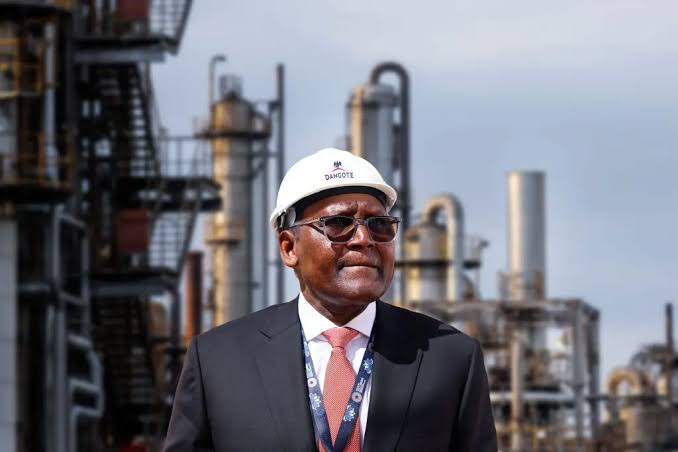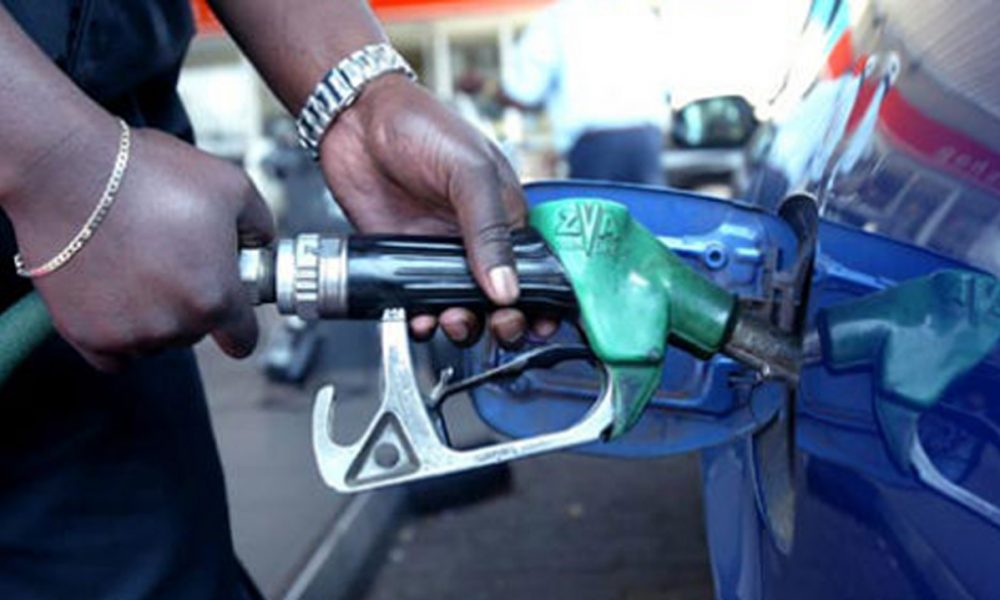Funding Push for Dangote Petroleum Refinery as Nigeria’s Oil Demand Soars
The Dangote Petroleum Refinery is scrambling to secure billions of dollars to boost its production capacity and meet Nigeria’s growing oil demand, according to recent reports.
Despite recently launching a naira-for-crude agreement, which enabled the supply of four crude cargoes, the refinery requires significant financing to reach its full operational potential.
According to sources, Aliko Dangote, the Chairman of the Dangote Group, is currently in talks with commercial banks, development lenders, oil traders, and other stakeholders to secure the necessary funding.
In order to maintain a baseline supply of 300,000 barrels of crude per day, the refinery estimates it will need around $2 billion every 90 days.
The refinery, which has a maximum capacity of 650,000 barrels per day, needs additional crude oil to achieve this target.
The facility has already started producing jet fuel, naphtha, and petrol, sparking hopes of reducing Nigeria’s reliance on imported fuel.
Funding Concerns Amid Currency Volatility
However, the refinery’s future remains uncertain, with concerns about its ability to secure consistent crude supplies and manage the risks associated with Nigeria’s volatile currency, the naira.
One banker involved in the fundraising process has expressed concerns about the refinery’s profitability, citing the sharp devaluation of the naira as a significant risk.
The Africa Finance Corporation (AFC), an investor in the project, is also involved in the funding discussions. Last December, the AFC led a financing round to help operationalize the refinery.
Naira-for-Crude Deal and Future Outlook
Recently, the Nigerian government agreed to supply the refinery crude in naira for six months, pending further review.
However, questions remain about the Nigerian National Petroleum Company’s (NNPC) ability to meet the refinery’s crude needs due to prior forward contracts.
Even if NNPC delivers, the refinery will still require an additional 185,000 barrels per day—or over 5 million barrels monthly—to meet its January 2024 target of 550,000 barrels per day.
The NNPC’s equity stake in the refinery was reduced from 20% to 7.2% after it failed to pay the balance of a $2.7 billion deal, having initially contributed $1 billion upfront in 2021.



